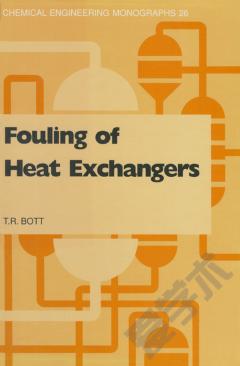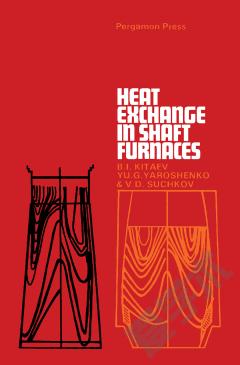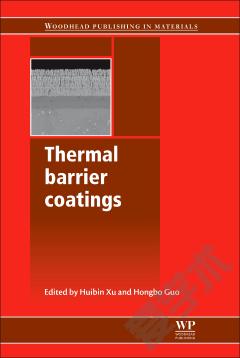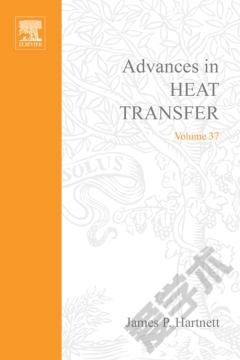Fouling of Heat Exchangers
This unique and comprehensive text considers all aspects of heat exchanger fouling from the basic science of how surfaces become fouled to very practical ways of mitigating the problem and from mathematical modelling of different fouling mechanisms to practical methods of heat exchanger cleaning. The problems that restrict the efficient operation of equipment are described and the costs, some of them hidden costs, that are associated with the fouling of heat exchangers are discussed. Some simple concepts and models of the fouling processes are presented as part of the introduction to the subject.Advice on the selection, design, installation and commissioning of heat exchangers to minimise fouling is given. A large part of the text is devoted to the use of chemical and other additives to reduce or eliminate the problem of fouling. Another large section is designed to give information on both on-line and off-line cleaning of heat exchangers. One of the difficulties faced by designers and operators of heat exchangers is anticipating the likely extent of fouling problems to be encountered with different flow streams. Another large section addresses the question and describes methods that have been used in attempting to define fouling potential. The book concludes with a chapter on how fouling information can be obtained using plant data, field tests and laboratory studies.
{{comment.content}}








 京公网安备 11010802027623号
京公网安备 11010802027623号